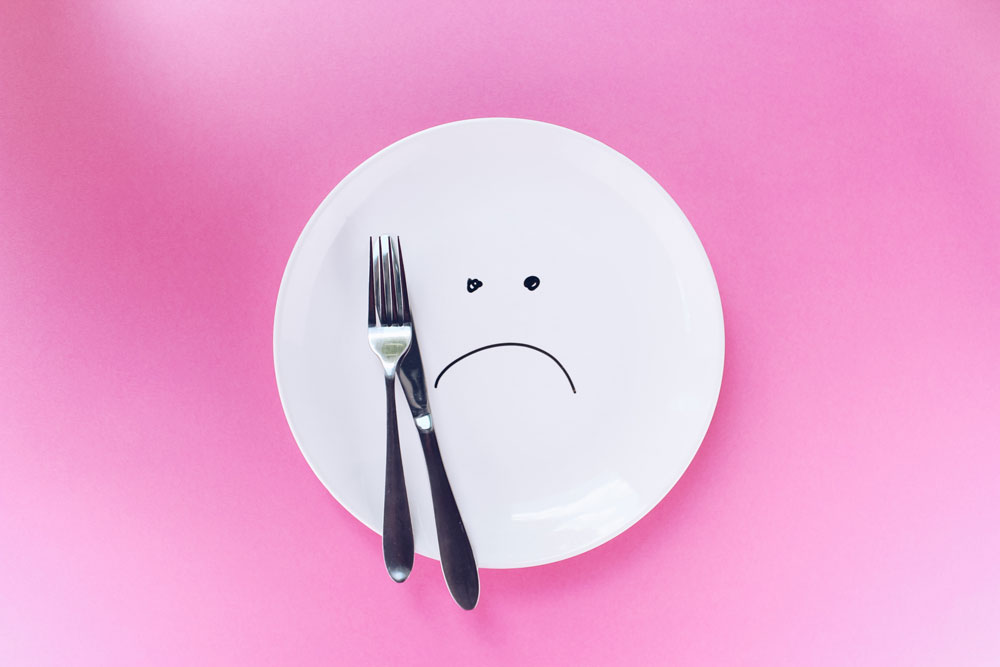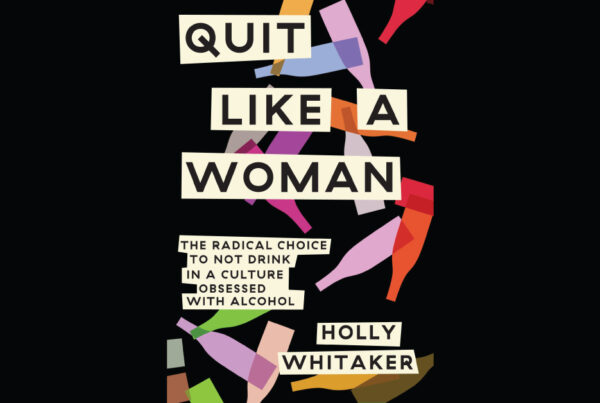How Ditching Diet Culture is Social Activism
For many families, the holidays are nearly synonymous with food – rich, delicious food that we only get to experience once a year. But I can’t be the only person who has felt the need to restrict the amount of food I put on my plate at Thanksgiving or vow to go on a diet in the new year as I look at my bloated stomach in the mirror. While our holidays might be looking a little different this year, I have no doubt that these sentiments will still be making an appearance alongside the pumpkin pie and sugar cookies.
Diet culture is a phrase that you might have heard thrown around, often without a clear definition attached. Christy Harrison, MPH, RD, CDN, author of the book Anti–Diet, defines diet culture as a “system of beliefs…that worships thinness…promotes weight loss as a means of achieving a higher status… demonizes…and elevates certain ways of eating…and oppresses others who don’t match up with its supposed picture of health.” The popularity of diet programs like Weight Watchers, Jenny Craig, and Whole30? Diet culture. BMI and “ideal” body weight? Diet culture. Fads like celery juice, gluten, and intermittent fasting? You guessed it: diet culture.
Diet culture has permeated every aspect of the average American’s existence, from the groceries we buy to the ads we see on TV to who we follow on social media. It disproportionately harms women, femmes, trans people, people in larger bodies, people of color, and people with disabilities. Further, people who are marginalized, who already don’t fit into the western standard of beauty, are ostracized and oppressed by these ideals. Participating in and observing diet culture is damaging not only to our mental health (with side effects like anxiety and depression), but also to our physical health. Malnutrition, fatigue, lower bone density, and menstrual disruptions are only some of the serious physical side effects of dieting.
Not to mention the ultimate goal of dieting – weight loss – is usually only achieved in the short term. 95 to 98 percent of the time, the weight that is lost during a dieting attempt will be regained and can lead to a higher set point weight. Dieting is also one of the greatest predictors of an eating disorder. Eating disorders are one of the deadliest mental illnesses, second only to opioid overdose. Over 10,000 deaths every year are direct causes of eating disorders – that’s one death every 52 minutes.
Considering how pervasive it is, diet culture can be tricky to determine. The first litmus test is to ask yourself: who is profiting from this? If your insecurity about your stomach fat makes you want to buy a waist trainer, then the waist trainer manufacturer is profiting. If you buy an influencer’s fitness plan or watch their YouTube videos, that influencer is profiting. The diet industry is worth $72 billion and is only expected to grow into hundreds of billions later in the decade. By refusing to financially support the industry, we can work the greatest influence that we have as consumers.
By bucking diet culture, we also express our support for those who are most in danger from it. Health professionals’ weight stigma towards those in larger bodies is more dangerous and life-threatening than being overweight or obese by BMI standards. By the way, BMI has been shown to be bogus but health professionals still abide by it. Health problems unrelated to someone’s weight or body composition can be ignored and written off as a symptom of obesity instead of being treated.
Also, what diet culture purports to be the ideal body is constantly in flux. Athletic physiques, heroin-chic thinness, slim thick: the ideal is a moving target, one that you might never be able to achieve because of how your body is naturally built. And if you do manage to attain the body type, either by extreme dieting or exercise, the standard will change as soon as it comes. Our preoccupations with attaining the ideal are oppression. It distracts us from speaking up, achieving our goals, and making change. Diet culture keeps us small, both physically and metaphorically.
The goal of the anti-diet movement is not to abandon health practices altogether. One of the original anti-diet movements is known as Health at Every Size (HAES), and the main principle is to pursue health-promoting behaviors like exercising and eating a diverse diet without the goal of weight loss. HAES practitioners believe that all bodies are different and that body diversity is a good thing.
Most importantly, ditching diet culture is not a decision. It’s a process of learning and unlearning, of uncovering thoughts and biases that we’re not even aware of. It’s a journey I’ve been on for about two years and one that I still feel like I am still on. As with any activism, the goal is not to be perfect but to always be learning and moving in the right direction.
What You Can Do
- Become aware of the ways that diet culture sneaks into your life, your social media, and your conversations with friends and family.
- Unfollow anyone on social media that makes you feel bad about yourself or your body. Follow anti-diet and body-positive professionals like Christy Harrison and Evelyn Tribole (the author of one of the seminal anti-diet books, Intuitive Eating).
- Diversify your feed! Some of my favorites to follow are Megan Crabbe, Michelle Elman, and Stephanie Yeboah.
- When food guilt or body talk comes up in conversation, try and defuse the situation in a neutral way. “Your body is fine the way that it is. Did you watch Below Deck this week?” “You don’t need to do a detox after Thanksgiving. There’s really no evidence to support that they’re effective. Are you still hungry?”
- If you or a loved one is struggling with an eating disorder, call the confidential NEDA hotline, 1-800-931-2237

Sabrina Serani, Content Creator






